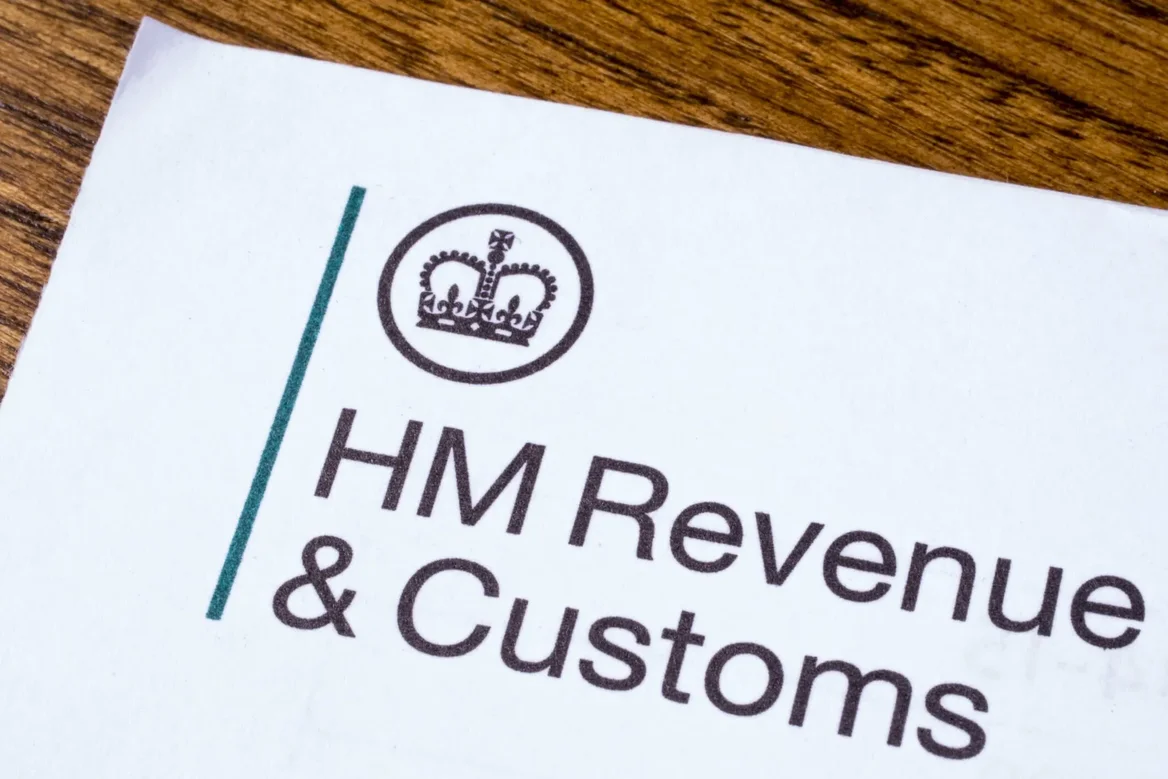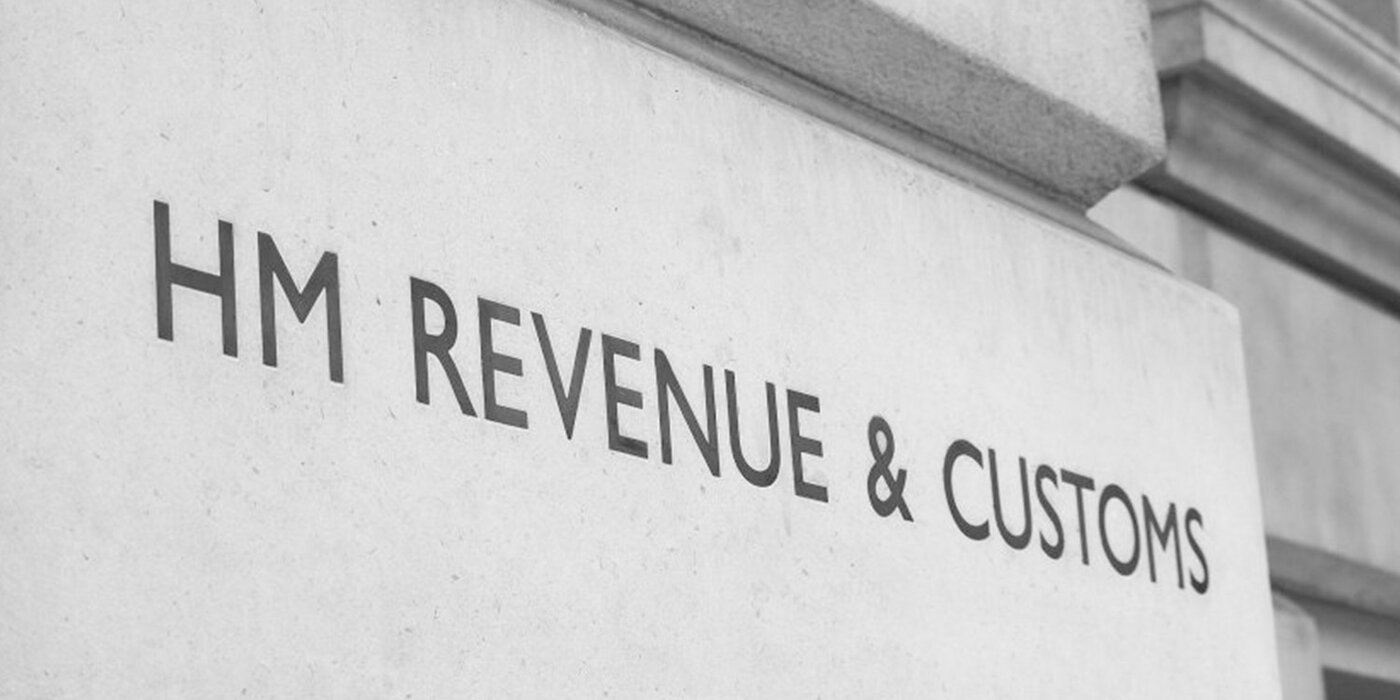Introduction
Thousands of UK parents are at risk of having to repay significant sums due to an administrative mistake by HM Revenue and Customs (HMRC) that may have led to accidental overpayments of Child Benefit. The government body officially issued a warning after discovering that numerous families might unknowingly receive up to £85 per month more than they're entitled to a figure that could quickly add up to more than £1,000 in a single year.
The flaw, which centres around eligibility errors as children pass milestone birthdays or stop full-time education, could leave affected households facing hefty repayment demands if left unchecked. HMRC has now urged all Child Benefit recipients to verify their ongoing entitlement to avoid possible financial repercussions. This comes at a crucial time when UK households are already grappling with the pressures of rising living costs.
The Overpayment Error: How Did It Happen?
Between April 2023 and March 2024, HMRC identified a situation where some parents and guardians continued to receive Child Benefit for children who had become ineligible owing to either their age or a change in their education status. The main trigger for this error is failing to notify HMRC when a child turns 16 and leaves approved education or training. Child Benefit payments are intended to stop at this point unless the young person remains in full-time education or registered training.
Each ineligible payment amounts to an extra £85 a month, which HMRC says must be repaid if discovered. With around 7.7 million families claiming Child Benefit in the UK, the risk of widespread overpayments has prompted urgent appeals from the tax authority.
What Went Wrong: The Breakdown in Communication
HMRC says that their records demonstrate most cases of overpayment can be traced back to a simple but critical miscommunication: families not updating their details once a child reaches 16 or changes their educational status. The tax body typically sends out reminders to parents as children approach the age threshold, but not all households respond promptly.
An HMRC spokesperson commented, "It’s important that parents and guardians inform us if their child leaves approved education or training after the age of 16. Failure to do so could result in overpayments, which we are legally obliged to reclaim."

Financial Consequences for Families
The financial hit for families who have received overpayments can be severe, especially if the error continues unnoticed for several months. At £85 a month, recipients could unwittingly accumulate overpayments of £1,020 in just one year. Once the mistake is identified, HMRC says its policy is to reclaim the full overpaid amount, typically by reducing future benefit payments or requesting a direct repayment.
Many parents are likely unaware of the accumulating debt. Tax expert Victoria Todd from the Low Incomes Tax Reform Group explained, "Families could find themselves having to pay back large sums at a time when household budgets are already stretched." She advised parents to regularly check their claim status, particularly around significant birthdays and educational changes.
HMRC’s Official Response and Advice
The government department emphasised that the responsibility for providing up-to-date information is shared. While HMRC endeavours to remind claimants, safeguarding benefit integrity is a joint effort. Their advice is clear: parents should promptly report any changes in their child’s circumstances, especially when a child turns 16 or leaves full-time education. At Pie, we help peoples to make their taxes easy.
In its statement, HMRC said, "We send Child Benefit claimants reminder letters as children approach their 16th birthday, but it’s vital that families inform us if their child is leaving education or training early. This avoids the risk of overpayment and any subsequent repayment requests."
Parents can quickly report changes using their Personal Tax Account online or by contacting HMRC directly.
Public and Expert Reactions
The response from both the public and financial experts has been swift. Some families expressed frustration at the complexity of Child Benefit rules, calling for better communication from HMRC. Others, like Victoria Todd, called for greater clarity in messaging to ensure all claimants understand their obligations.
Charities supporting families on lower incomes have echoed these concerns, stressing that communication must be accessible so that vulnerable families are not left caught off guard. Meanwhile, HMRC reiterated its commitment to making guidance as straightforward as possible and committed to ongoing improvements.

Final Summary
HMRC’s recent warning over Child Benefit overpayments puts a spotlight on the importance of clear communication and diligent record-keeping within the UK’s welfare system.
At the heart of the matter is a relatively straightforward requirement: parents must update HMRC when a child leaves full-time education or training at 16. However, missed notifications have led to overpayments of up to £85 a month debts families must now repay. HMRC and experts alike are urging parents to review and update their claims, stressing that proactive action can prevent unexpected financial strain.
As broader conversations continue about how best to administer benefits in a complex digital landscape, this case serves as a cautionary tale for both claimants and policymakers. Remaining informed and responsive can make all the difference in safeguarding household finances.











